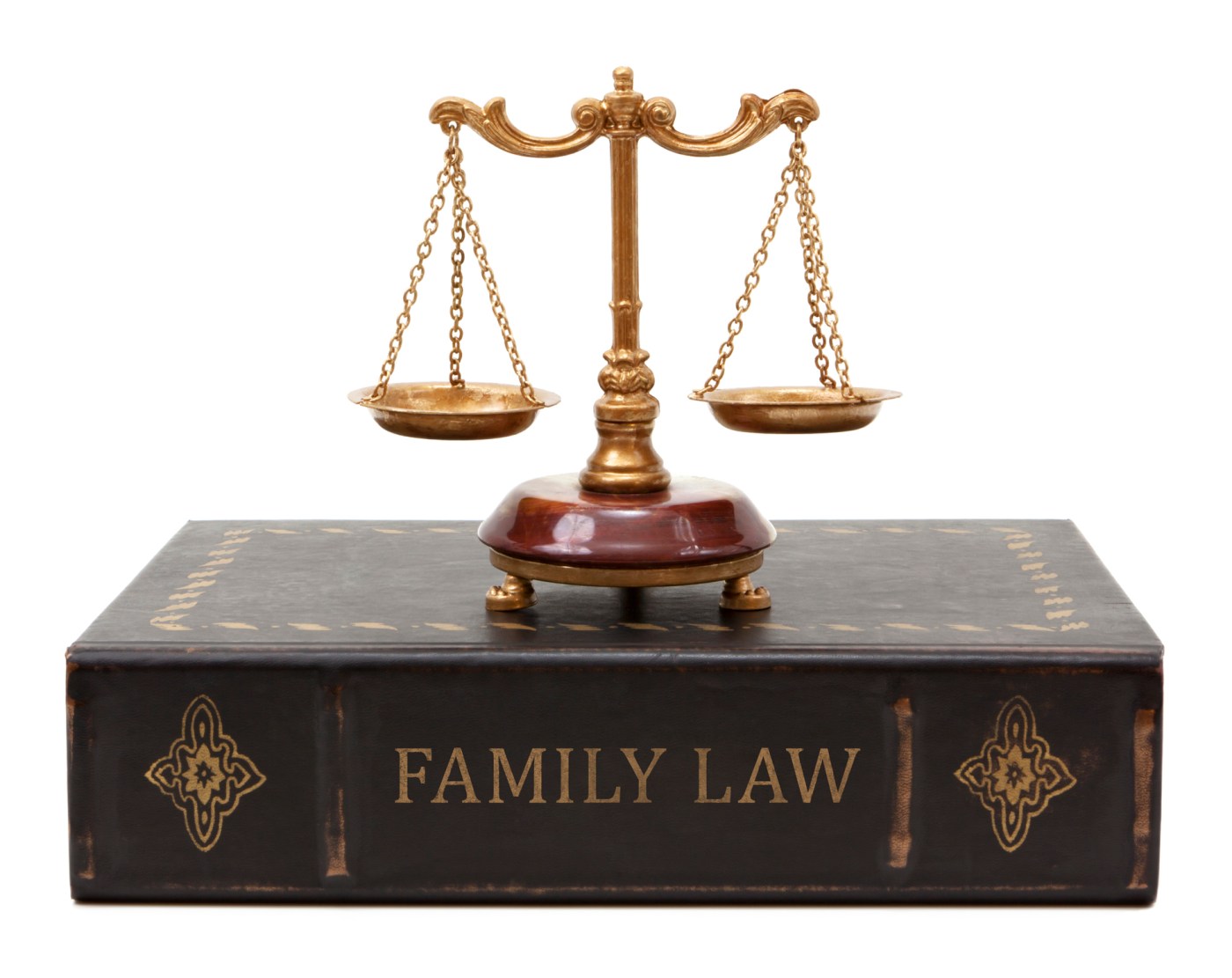
How to navigate unexpected DOR collection
Q. I just received a bill from the DOR Child Support Enforcement division. I pay $500 per week child support to my ex by direct transfer from my bank account to hers. Recently she asked me to add to my regular weekly payments, half of the extra curricular activity capped amount. In the year since the divorce, she has enrolled the kids in several new activities and exceeds the quarterly cap we have in place every quarter. She is not happy that I am insisting on abiding by the cap of $2,500 per quarter. I agreed to add $192.30 per week to my ongoing support and started doing so on July 1 to start the third quarter.
The bill I received requires me to pay DOR for the last three weeks of child support totaling $1,500 and charges interest and penalties for non-payment. I don’t understand this because I did make the payments. My bank statement shows $692.30 per week going to her account. Should I pay the DOR bill? Do I have to go back to court to resolve this?
A. You should call the customer service number at the DOR child support enforcement division. Explain that you got the bill and that you have made direct payments. Typically, when a support recipient elects to become a DOR customer, DOR sends you a welcome letter and instructs you to stop making direct payments to the recipient. Apparently, they did not send you this standard letter. You will need to show DOR proof of the direct payments you made. Before you call you should download statements from your bank showing your payments since July 1, 2024 along with emails exchanged with your ex explaining why the payment increased to $692.30 per week.
Once you send DOR the backup documentation, they will credit you for the payments you have already made and wipe out the interest and penalties. Be patient – it may take a couple of weeks to see the credit on the DOR statements, but it will eventually happen. You will be asked to mail them a check for the next payment due and only for the $500 – they will not collect more than the ordered amount. Your ex may soon realize in trying to make your life harder, she lost the benefit of weekly direct payments to her account.
You’re better off reverting to the letter of the agreement and paying her on a quarterly basis when she sends you reimbursement requests.
Email questions to whickey@brickjones.com


